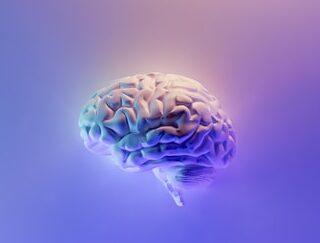Plastic brains

I was at a festival at the weekend and between the music and the cheesy chips (yes, even nutritionists eat them sometimes!) I listened to a fascinating talk by Neuroscientist Dr Hannah Critchlow entitled “How Neuroscience can Predict your Future”. She discussed how much of our likes, preferences and personality depend on our inherited brains and how brain ‘plasticity’ can influence these and other parts of our lives.
Brain plasticity relates to the connections between our brain cells and how they can be strengthened or changed. Plasticity can be influenced by good nutrition and lifestyle choices.
A good blood sugar balance is important so the brain has a steady supply of fuel
Getting enough sleep helps neuron connections to reset.
Nutrients including protein (lean meat, eggs, fish, tofu, nuts, seeds, dairy), omega-3 fats (oily fish, flax seeds), choline (eggs) and magnesium (green leafy veg) help maintain brain cells.
Exercise increases levels of the ‘brain fertiliser’ BDNF, increasing the number of new brain cells.
Anything that challenges your brain such as learning a musical instrument or a language, trying new things whether through travel, hobbies or reading improves plasticity.
So keep moving, keep learning and eat well (with not too many cheesy chips) - your brain will thank you for it.


